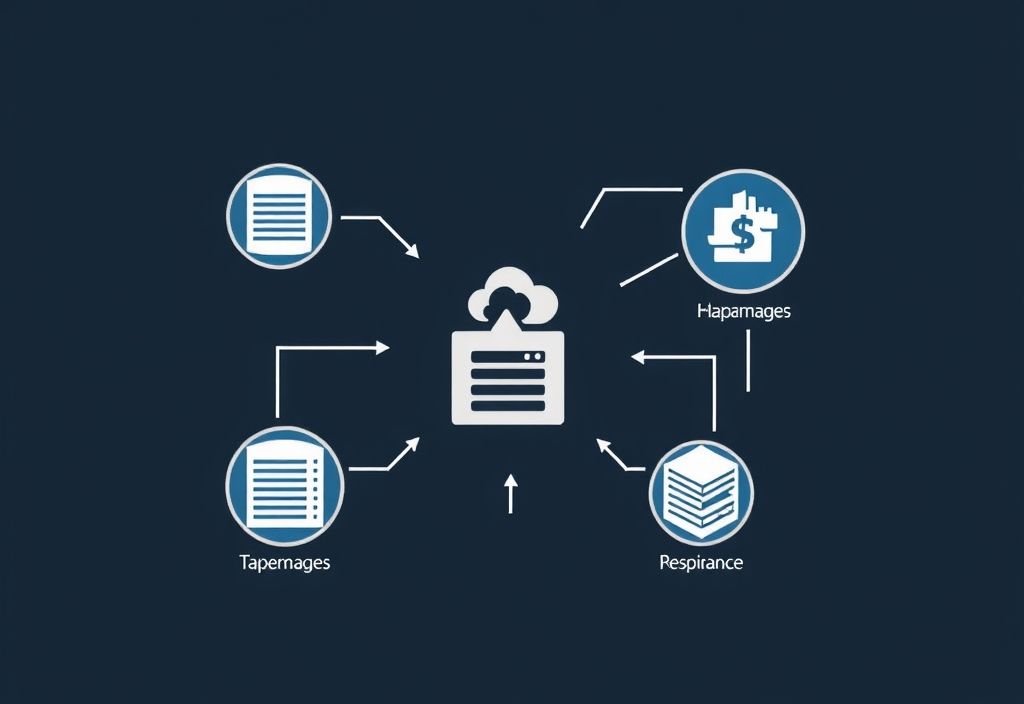
From Chaos to Clarity: A Practical Guide to Better Data Management
In today’s digital world, data is more than just numbers and files — it’s the foundation of smart decisions, operational efficiency, and competitive advantage.
But with data coming in from so many sources — customer interactions, sales systems, marketing tools, and more — it’s easy for businesses to feel overwhelmed. Disorganized spreadsheets, inconsistent formats, and siloed databases can turn valuable data into a liability instead of an asset.
That’s why having a strong data management strategy is essential — no matter the size of your business.
This guide will walk you through the challenges of poor data handling, core principles for managing data well, and practical strategies to transform your company’s data from messy to meaningful.
The Cost of Poor Data Management
Ignoring how your business handles data can lead to serious consequences:
🕒 1. Lost Time and Productivity
When employees spend hours searching for the right data, it slows everything down. In fact, 73% of workers say they waste 1–3 hours a day trying to find the information they need.
🧠 2. Bad Decisions Based on Faulty Data
Incomplete or inaccurate data leads to flawed insights. And that can result in poor business choices — potentially costing time, money, and growth opportunities.
⚖️ 3. Compliance Risks
With data privacy laws like GDPR, HIPAA, and CCPA becoming stricter, mishandled data can land your business in legal trouble — including fines and damaged trust.
😟 4. Poor Customer Experience
Outdated or incorrect customer records can lead to irrelevant communications, missed service opportunities, and frustrated clients.
Core Principles of Strong Data Management
To get the most out of your data, follow these foundational practices:
🔐 Data Governance
Set clear ownership and rules for how data is collected, stored, accessed, and used across departments.
✅ Data Quality
Ensure your data is accurate, up-to-date, and consistent. Regular cleanups help eliminate duplicates and errors.
📏 Data Standardization
Create uniform formats and definitions so everyone in your organization speaks the same data language — whether it’s dates, names, or product codes.
🔒 Data Security
Protect sensitive data with encryption, access controls, and regular audits to prevent breaches and unauthorized use.
🔄 Data Accessibility
Make sure the right people have easy access to the data they need — without unnecessary barriers or delays.
How to Improve Your Company’s Data Management
Ready to take control of your data? Here’s where to start:
🗂️ 1. Take Inventory of Your Data
Identify what data you collect, where it lives, who uses it, and why it matters. This gives you a clear picture of your data ecosystem.
🛠️ 2. Invest in the Right Tools
Use data management platforms, CRMs, cloud storage, and automation tools to streamline how you store, organize, and analyze data.
📜 3. Create Clear Policies
Document how data should be handled — from collection and retention to permissions and usage. Make sure everyone knows and follows the rules.
🧑💼 4. Build a Data-Driven Culture
Encourage employees at all levels to value data quality and use insights to make smarter decisions. Training and support go a long way.
📈 5. Keep Improving
Data management isn’t a one-time project. Review your processes regularly, adapt to changes, and look for ways to enhance accuracy and usability over time.
Benefits of Better Data Management
When done right, effective data management delivers real business value:
- Faster, Smarter Operations : Streamline workflows and reduce manual effort.
- Better Decisions : Trust your data to guide strategic moves.
- Stronger Customer Relationships : Personalize experiences with accurate, up-to-date information.
- Lower Compliance Risk : Stay ahead of regulations and protect your reputation.
- Powerful Insights : Unlock deeper analytics to understand trends, performance, and opportunities.
Ready to Take Control of Your Data?
Managing data effectively doesn’t happen by accident — it takes planning, the right tools, and ongoing commitment.
If you’re feeling stuck or unsure where to begin, we’re here to help. Our team specializes in helping businesses build and maintain smart, secure, and scalable data strategies.





